Today, you’re going to learn all about the process of turning inward, turning FOMO into JOMO, and overcoming fear of being alone using these simple yet effective 6 strategies.
- “I Can’t Spend Time Alone”: Why We Avoid Being Alone?
- Is It FOMO?
- What Are The Symptoms Of FOMO?
- How FOMO Affects Us?
- What Causes FOMO?
- Is Time Alone Healthy? Benefits of Spending Time Alone
- JOMO: The antidote to FOMO
- The Process Of Turning Inward In 6 Simple Steps (Turn FOMO Into JOMO)
- The Big List of Self-Care Ideas PDF
- FAQ
- FREE Printable Self-Love Worksheets (PDF)
Spending some time alone can be a powerful experience in helping you grow as a person.
Only when you pause for a moment, that you’ll have the opportunity to examine the day’s events and learn from your experiences.
However, the idea of spending some time alone can be scary for some people.
Usually, these people would share some of the signs below:
- They think spending time alone is boring
- They feel uncomfortable with silence so they usually keep the TV or radio on for background noise when they’re doing things around the house or when they’re driving.
- They believe that being alone means that they’re lonely.
- They can’t enjoy doing activities such as going to the movies or shopping by themselves.
- When they have spare time, the last thing they would do is just sit and think, they’d likely make a phone call, send a text message, or scroll on social media.
- Meditating or taking a few minutes to write in a journal seems like a waste of time to them.
Related: How To Manifest Self Love? Best 9 Ways To Grow In Self-Love
“I Can’t Spend Time Alone”: Why We Avoid Being Alone?
1. Negative associations
Being alone has developed negative associations in modern society. It is often portrayed negatively in cartoons and movies, suggesting that being alone makes you go crazy.
Parents would place their kids in time-outs as punishment. Even the term “solitary confinement” is associated with the worst-of-the-worst prison inmates.
All of this has created a pressure on us to keep our social calendar overbooked.
Even when we can’t spend time with others physically, with the advances in technology these days, you never have to be alone.
Related: How to Challenge and Change Your Negative Core Beliefs?
2. Problem avoidance
Staying busy can serve as a good distraction from our problems.
By keeping your brain occupied, you’ll have little time to think about all the problems you don’t want to address.
Some people are terrified to be alone with their thoughts because they believe that if they had a few spare moments, they’d remember something sad, feel guilty about a past mistake, or worry about the future.
Related: Dealing With Avoidance: How to Calculate Risks And Overcome Fear In Life?
3. The pressure to be productive
Spend some time alone is often viewed as a waste of time that otherwise could have been used to be more productive.
People usually don’t see much value in having alone time because it doesn’t produce immediate tangible results.
Some would even feel guilty whenever they’re not busy doing something.
4. Fear of loneliness
Spending time alone is often confused with loneliness which is inaccurate.
If anything, many people would feel lonely even when they’re surrounded by others in a crowded room.
So while loneliness is a feeling of being disconnected, spending time alone is a choice to be alone with your thoughts.
Related: 30-Day Self-Love Challenge That Will Radically Change Your Life
Is It FOMO?
What Is FOMO?
Patrick J. McGinnis, who coined the term FOMO or Fear of Missing Out, defines it as a feeling of anxiety triggered by the perception that others are having experiences that are more exciting than yours.
It’s also the fear of missing out or being excluded from a positive collective experience.
What Are The Symptoms Of FOMO?
A team of psychologists have created and published a diagnostic test in the academic journal Computers in Human Behavior in 2013.
To get an idea about how bad you FOMO is, you need to rate each of the following statements on a scale of 1 (not at all true of me) to 5 (extremely true of me).
“1. I fear others have more rewarding experiences than me.
2. I fear my friends have more rewarding experiences than me.
3. I get worried when I find out my friends are having fun without me.
4. I get anxious when I don’t know what my friends are up to.
5. It is important that I understand my friends’ in-jokes.
6. Sometimes, I wonder if I spend too much time keeping up with what is going on.
7. It bothers me when I miss an opportunity to meet up with friends.
8. When I have a good time, it is important for me to share the details online (e.g., updating status)
9. When I miss out on a planned get-together, it bothers me.
10. When I go on vacation, I continue to keep tabs on what my friends are doing. (source)
Next, find the average score for your responses.
The researchers surveyed a sample of 2,000 users and found that the average result was approximately 2.
So if your average score is below 3, then you’re pretty average. If it’s above 3, then you might have FOMO.
Note that this is an indicative measure and not a formal evaluation by a mental health professional.
Related: Anxiety Free Resources
How FOMO Affects Us?
FOMO is much more than a meme.
It’s a condition that affects many people and has made their life, ironically, less enjoyable.
Psychology Today reports that people struggling with FOMO tend to have lower general mood, reduced self-esteem, feelings of loneliness and inferiority, trouble forming face-to-face relationships, and decreased motivation. (source)
Researchers have found that FOMO follows a certain pattern: it goes up later in the day and later in the week and peaks when you’re doing the necessary things in life, like working or studying. (source)
The same study shows that people experience the same FOMO whether they found out about an event digitally or in the physical world.
What Causes FOMO?
1. Your Perception
At its core, FOMO is motivational in nature.
It inspires you to make a change and search for whatever is better than your current situation.
However, your perception is subjective and doesn’t always reflect the reality. It’s mainly shaded by biases, feelings, insecurities, and external influences.
2. Asymmetry of Information
Asymmetry of information is when there is disconnect between what you think or hope you might get and what you’ll actually get: if you knew what you’d get, you wouldn’t worry about missing out on something.
In other words, it’s the unknown and the seemingly endless options that create FOMO.
3. The Need to Belong
Humans are biologically wired to connect and seek inclusion.
FOMO is mainly triggered by this need to feel part of the group and avoid exclusion.
Is Time Alone Healthy? Benefits of Spending Time Alone
Solitude has many benefits that are often ignored or minimized. Here are some of them:
- Solitude at the office has been linked to increased productivity according to a 200 study called “Cognitive Stimulation in Brainstorming”
- Spending some time alone increases your empathy toward others. In fact, when you spend so much time with your social circle, you might develop a “we vs. them” attitude which can cause you to feel less compassion for others.
- Solitude is good for your mental health. When you spend time alone, your ability to tolerate alone time increases. These solitary skills have been linked to increased happiness, better stress management, and general life satisfaction. (*)
JOMO: The antidote to FOMO
What Is JOMO?
JOMO or the Joy of Missing Out describes enjoying what you’re doing in the moment without worrying about what others are doing.
JOMO invites you to stop worrying that you’re missing out on something more exciting and instead, allows you to focus on what really matters to you.
It acknowledges that while others could be doing exciting things, doing the things you want and are important to you is what really matters.
The Process Of Turning Inward In 6 Simple Steps (Turn FOMO Into JOMO)
Learn how to choose what you actually want, find the courage to miss out on the rest, and turn inward:
#1. Practice Tolerating Silence
Many people are used to having a lot of noise surrounding them during the day in an attempt to drown out their thoughts.
Some would even fall asleep with a TV on for background noise. Bombarding yourself with constant noise in order to drown out your thoughts isn’t healthy.
In fact, taking the time to process your thoughts can help lower your stress level and improve your sleep.
Pro Tip: Fall asleep faster with Amber light. SOMNILIGHT offers a wide range of products that blocks blue light and help you fall asleep up to an hour faster. Use this link to receive a coupon code for 10% off any purchase. (Free U.S. shipping and 60-day money back guarantee.)
Start practicing tolerating silence by taking some time alone to do the following:
Set your goals for the future.
Use your time alone to set goals for your future and to reflect on them every now and then.
Evaluate how you’re doing and think of any adjustments that need to be made.
Write in a journal.
Journaling helps you understand your thoughts better. This allows you to learn from your experiences and avoid repeating your past mistakes.
Journaling allows you to check in with yourself about how you’re feeling and detect any signs that things might not be going well and need a change. A 2017 research found that regularly noting feelings of gratitude in a journal leads to increased altruism.
#2. Incorporate More Quiet Time
It’s easy to keep ourselves busy and stay connected to people all the time.
This connectivity whether it was physical or digital means that we have less time to be alone with our thoughts, which in order can increase our anxiety and stress level.
Start incorporating more quiet time in your day by doing the following:
- Turn off the TV or the radio when you’re not actually watching or listening.
- Go for a walk without your cell phone.
- Leave your phone in another room when you’re taking a break.
- Ride in the car without the radio playing.
Find More Ideas Here 45 Easy Self Care Day Ideas at Home for a Healthy Mind, Body & Soul
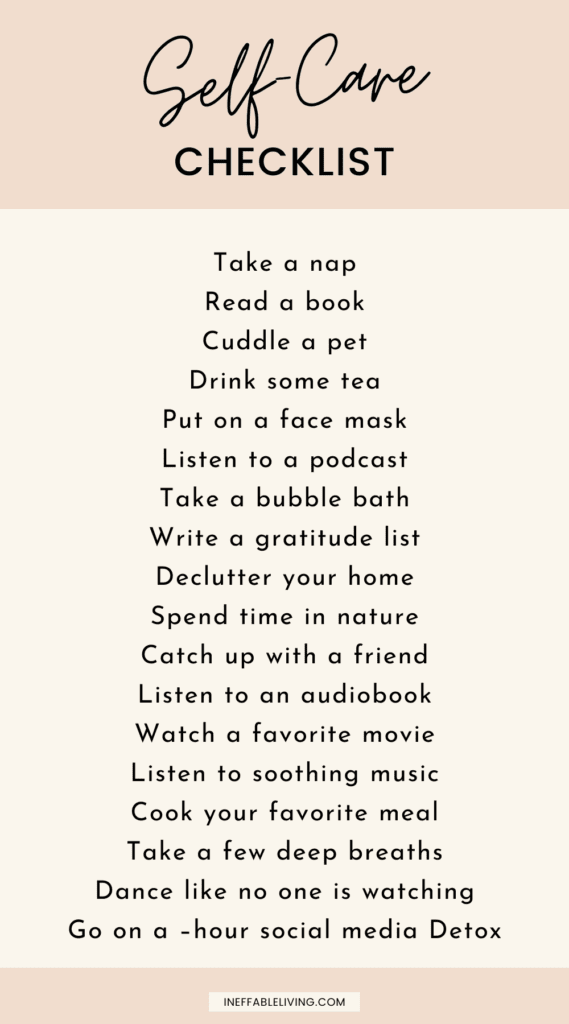
#3. Go On A Date With Yourself
The best way to make the most out of your alone time is to make it a choice.
People who live a busy life can benefit immensely from scheduling some time alone. They can come out better rested and recharged to face any upcoming challenges.
Apart from squeezing in a few minutes of alone time every day, you can schedule a date with yourself once every month at least.
Remind yourself that this is something you’re doing out of choice and not for lack of social relationships. You can go see a movie or take a solo weekend getaway, or you can simply relax at the spa.
Make sure you do something you enjoy. And even if you didn’t feel comfortable yet being alone, keep in mind that increasing your exposure to solitude will help you enjoy your alone time more in the future.

#4. Start Meditating
Although meditation used to be associated with monks and hippies, it’s starting to gain more mainstream acceptance.
People are starting to acknowledge the powerful benefits meditation has on the brain and our overall health.
In fact, researches have shown that regions associated with learning, memory, and emotion regulation in the brain start to thicken after just a few months of meditation.
There several types of meditation you can start practicing. Choose what is right for you. You can start with five or ten minutes every day to help you calm your mind and gain more clarity.
Just like it’s important to spend quality time with your loved ones, it’s imperative that you spend quality time with yourself.
Apart from the clarity of mind and decreased stress and anxiety levels, that quiet time can provide, you also increase your ability in achieving your goals and attain personal growth.
#5. Practice Mindfulness
Mindfulness is a practice in which you focus on being present and aware of what you’re sensing and feeling in the moment, without interpretation or judgment.
The practice helps you become more present in your daily life and frees you from ruminating over the past or worrying about the future.
Mindfulness is also helpful when you are feeling impulsive. It helps you create a distance between you and the thought or the urge, which enables you to exercise self-control.
To practice mindfulness, try the following:
1. Go outside and pick up a leaf or a rock.
2. Take a few deep, calming breaths. Breathe in for a count of four. Hold your breath for a count of seven. Then breathe out for a count of eight.
3. Using your senses, examine the object as if this is the first time you see something like it. Notice the patterns, the colors, close your eyes and feel the texture. Hold the object up to your ear and listen to the sound it makes when you rub it with your fingers.
4. As silly as this may sound, try imagining what wisdom the object may have for you. What can you learn from it?
5. Finally, describe the object while using “I am” statements (e.g. I am strong, I am vibrant, I am full of life, etc.)
Apps like The Mindfulness App, Headspace, Calm, and buddhify can help introduce you to mindfulness and silent meditations.
Related: 6 Simple Ways to Practice Mindfulness Throughout The Day (and Find Your Inner Peace)
#6. Get to Know Yourself
When you don’t have a solid sense of identity that’s grounded in your own values and goals, you can easily become emotionally dysregulated.
Developing a clearer picture of who you are and what you stand for will help you move toward your goals and focus on what’s important to you.
Start by exploring the very basic things you know or believe to be true about yourself.
Make sure your answers are authentic, not what you think is the “right” answer.
You may use the following prompts:
• 10 Things that make me smile are…
• If I could live anywhere in the world, it would be…
• Right now my greatest challenge is …
• I feel good when I…
• What I love most about life is…
• The values I’d like to live by are…
Related: +100 Journal Prompts For Self-Discovery & Emotional Awareness
The Big List of Self-Care Ideas PDF
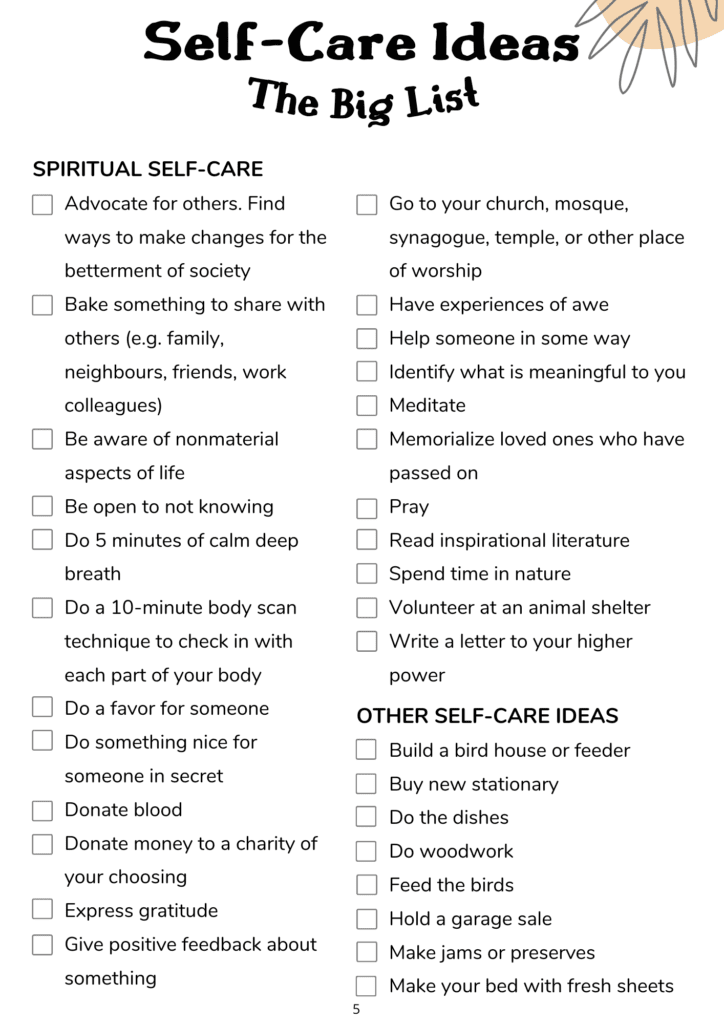
FAQ
Can FOMO Be a Good Thing?
The answer, perhaps surprisingly, is yes.
FOMO can motivate you to make a change in your life.
When we compare ourselves to others, we get valuable insight on what we want, where we want to be, and what we could do to reach our goals.
In that sense, FOMO or comparison is neither good nor bad in and of itself. Rather it’s how you use it that makes it healthy or unhealthy.
FREE Printable Self-Love Worksheets (PDF)
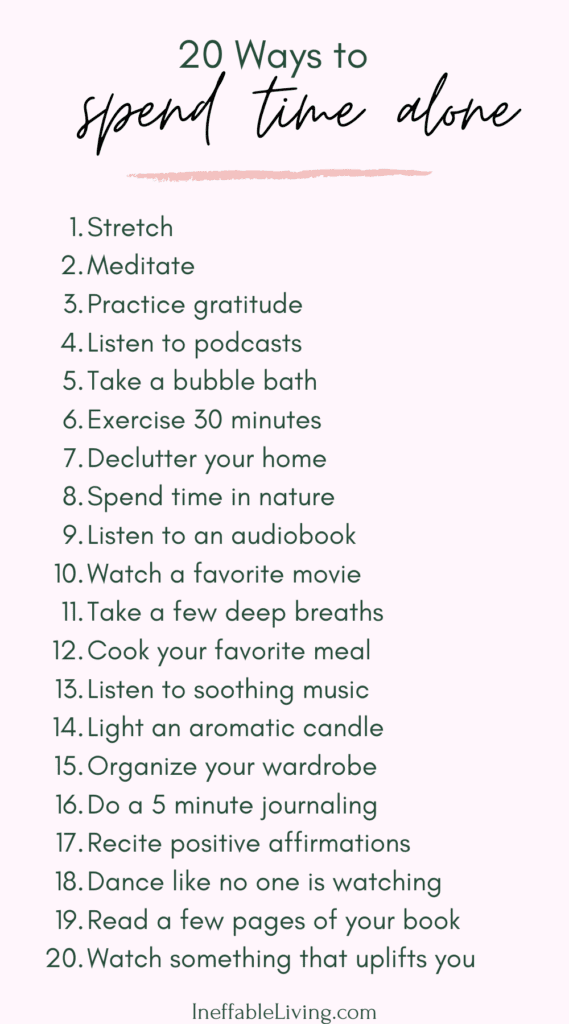
References
- Portions of this article were adapted from the book 13 Things Mentally Strong People Don’t Do, © 2013 by Amy Morin. All rights reserved.
- What Does FOMO Mean and How Do I Deal With It? (verywellmind.com)
- Fear of missing out – Wikipedia
- www.merriam-webster.com
- Fear of missing out: A brief overview of origin, theoretical underpinnings and relationship with mental health – PMC (nih.gov)
- JOMO – BBC Worklife
- Toward “JOMO”: the joy of missing out and the freedom of disconnecting (researchgate.net)
- (PDF) FoMO and JoMO Phenomenon of Active Millennial Instagram Users at 2020 in Jakarta (researchgate.net)
- Frontiers | The Effects of the Fear of Missing Out on People’s Social Networking Sites Use During the COVID-19 Pandemic: The Mediating Role of Online Relational Closeness and Individuals’ Online Communication Attitude | Psychiatry (frontiersin.org)
- Frontiers | Fear of Loneliness: Development and Validation of a Brief Scale | Psychology (frontiersin.org)
- Fear of Loneliness: Development and Validation of a Brief Scale – PMC (nih.gov)
- Autophobia (fear of being alone): Definition, symptoms, and treatment (medicalnewstoday.com)
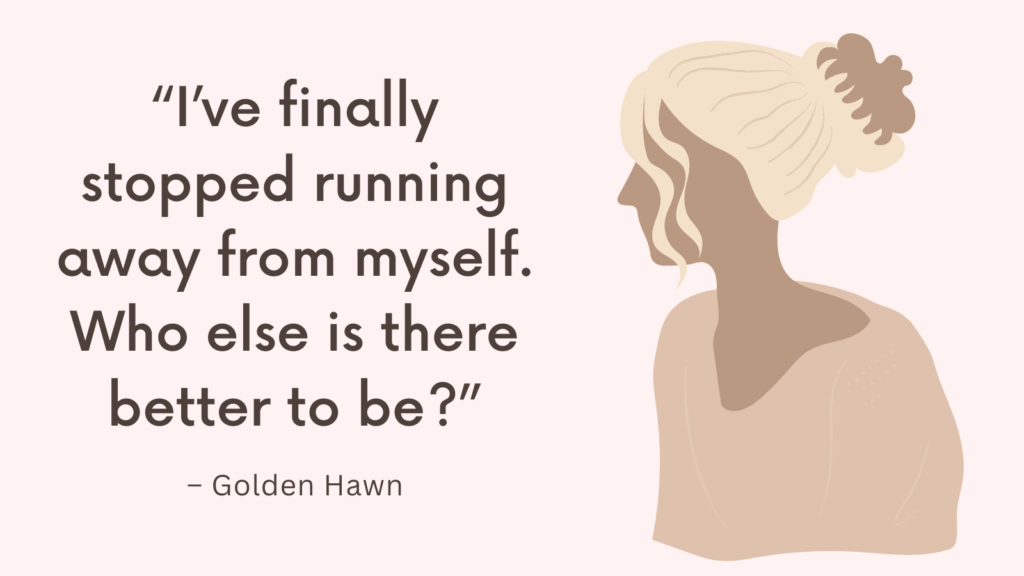
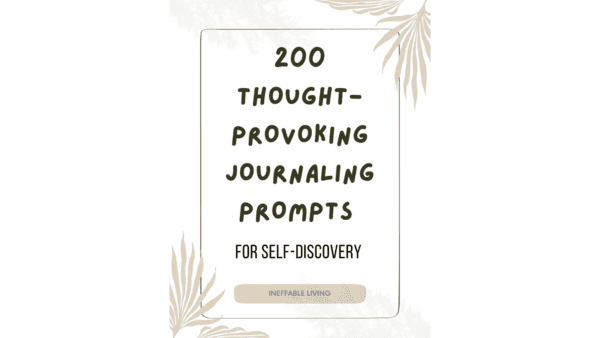

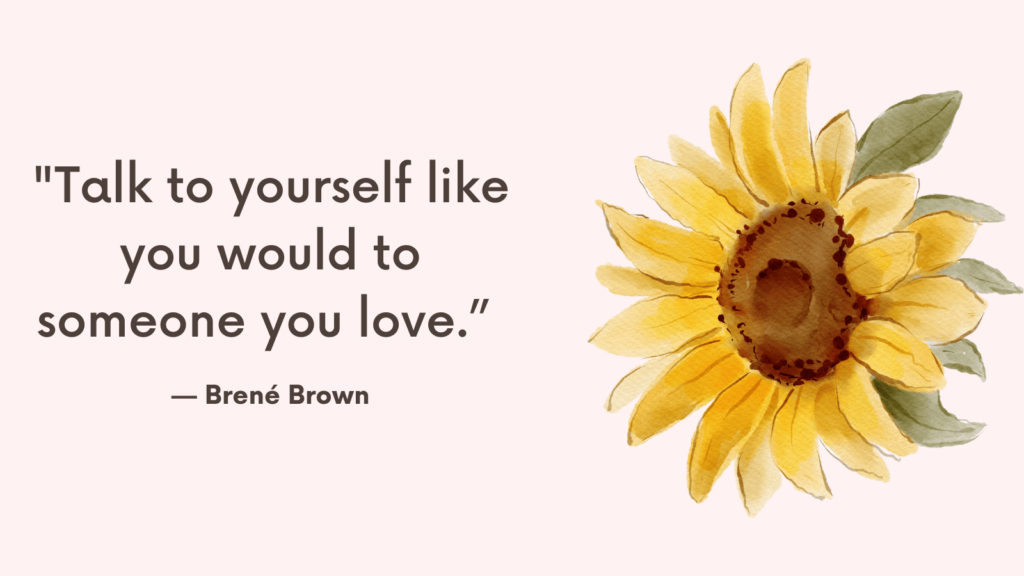
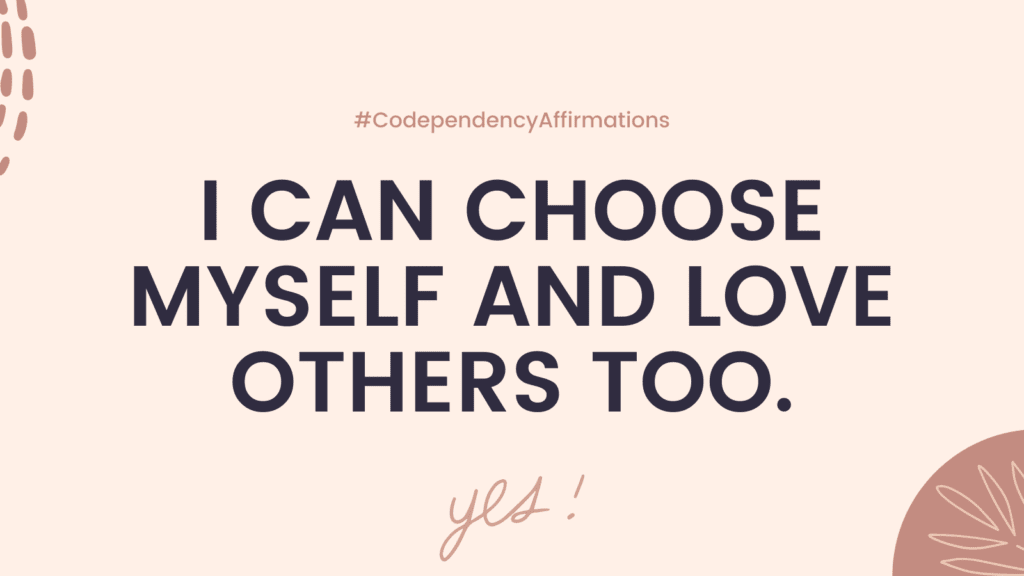
Comments are closed.